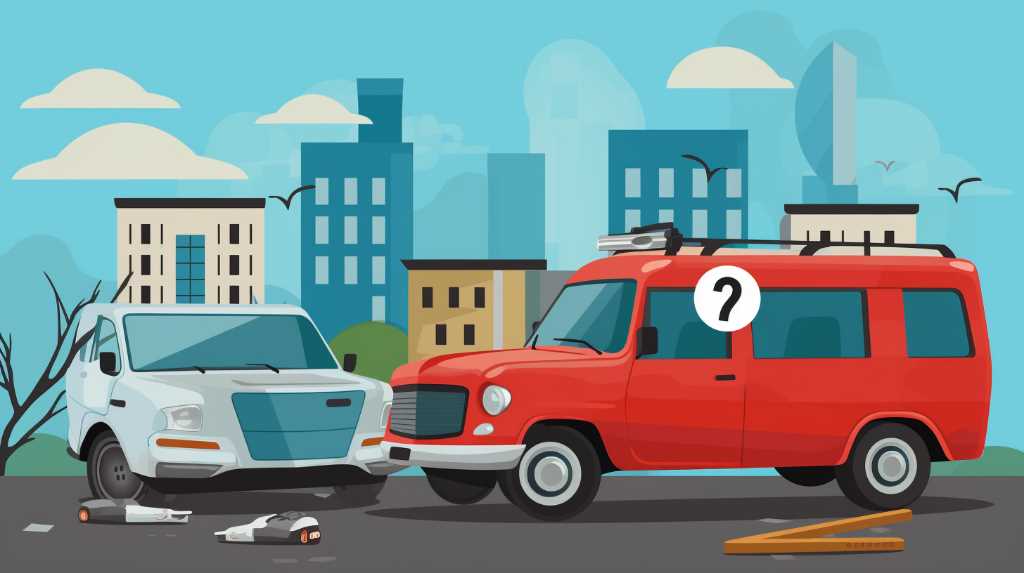
In the aftermath of a car accident, individuals are often confronted with various concerns, one of which is the coverage extent of health insurance for car accident-related injuries. Understanding the nuanced relationship between health and auto insurance policies is crucial for effectively navigating the claims process and ensuring proper medical care.
Health insurance plans typically extend coverage to injuries sustained in car accidents, yet the interplay between this coverage and that of auto insurance can be complex. These policies may have specific limits, exclusions, and coordination clauses that determine the primary source of coverage.
This introduction will delve into the critical aspects of insurance coverage, including the delineation of responsibilities, the coordination of benefits, and the handling of claims to facilitate a clearer understanding of how health insurance interacts with car accident injuries.
Understanding Your Health Insurance
While your health insurance policy may provide coverage for medical treatment, it is crucial to comprehend the specific terms and limitations that apply to injuries sustained in a car accident.
Health insurance plans typically cover a range of services, including hospitalization, surgery, and prescription medications. However, the extent of the coverage can vary based on the plan’s details, such as deductibles, copayments, and coinsurance requirements.
Moreover, some policies may have clauses that detail coordination of benefits if other insurance, like auto insurance, is in play. It’s essential to review your policy’s Explanation of Benefits (EOB) and consult with your insurance provider to understand the nuances of your coverage for car accident-related medical expenses.
This ensures that you are adequately prepared to manage any financial responsibilities following an accident.
Health Vs. Auto Insurance Coverage
When you get hurt in a car crash, usually the car insurance of the person who caused the accident pays for your medical bills. But it can depend on where you live and the details of the insurance you both have.
If the crash happens in a ‘no-fault’ state, it doesn’t matter who caused the accident; your own car insurance might pay for your medical costs. If these costs are more than what your auto insurance can pay, or if you don’t have enough car insurance, your health insurance might cover the rest.
It’s really important to know what your health and car insurance policies say so you can use them right if you’re in a car crash.
Coverage Limits and Exclusions
Knowing what your health insurance covers and doesn’t cover is very important, especially if you need to pay for injuries from a car accident. The most your insurance will pay for your medical bills, called coverage limits, might be set for each claim, each year, or for your whole life. For example, if your insurance will only pay up to $50,000 and your bills are more, you have to pay the rest yourself.
Things that your insurance doesn’t cover are called exclusions. Often, these are injuries from doing something illegal or really dangerous. Make sure you read the summary and details of your policy to know what’s covered. If you think you might need more coverage, think about getting extra insurance.
Navigating the Claims Process
If you’ve been in a car crash, it’s really important to start the insurance claim process right away. This is how you make sure your medical bills get paid. Tell your insurance company about the accident as soon as you can and give them any paperwork they need, like the police report, your medical records, and anything that shows you’ve been treated.
Make sure you know the deadlines for your insurance claims because if you miss them, the insurance might not pay. When you talk to your health insurance, be clear about how you got hurt and what kind of medical help you’re getting. Write down everything when you talk to the insurance people, like when you called and who you talked to. This careful record-keeping makes it more likely that your claim will go through without any problems.
Coordinating Benefits and Payments
If you’re in a car accident, it’s important to figure out how your health insurance and car insurance work together to pay for your medical bills. Usually, your car insurance has coverage like Personal Injury Protection (PIP) or Medical Payments (MedPay) that pays for your medical costs no matter who caused the accident.
But if those limits are maxed out, your health insurance might need to step in and cover the rest. It’s key to know the order your insurance companies will be billed, which is spelled out in your insurance policies’ coordination of benefits. Getting this right means you can avoid payment delays and issues with not having enough coverage.
Talk to both insurance companies quickly and clearly, give them the documents they need, and make sure you understand what your policies say. This will help make sure your claims and payments are handled smoothly.
Conclusion
To wrap things up, dealing with health and car insurance after a car crash can get tricky. You need to really understand what your insurance covers and what it doesn’t, like the coverage limits and what’s not included.
It’s important to work out how your health and auto insurance can work together so that your medical bills are paid. Keeping on top of your insurance details will help you handle claims better and protect you from unexpected costs if you’re in a car accident.